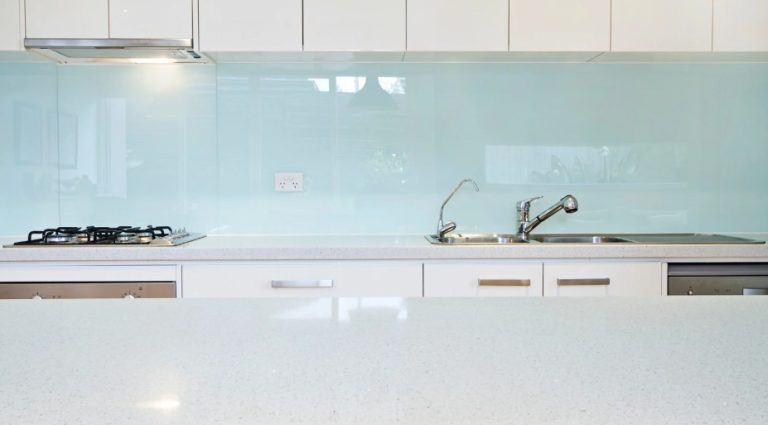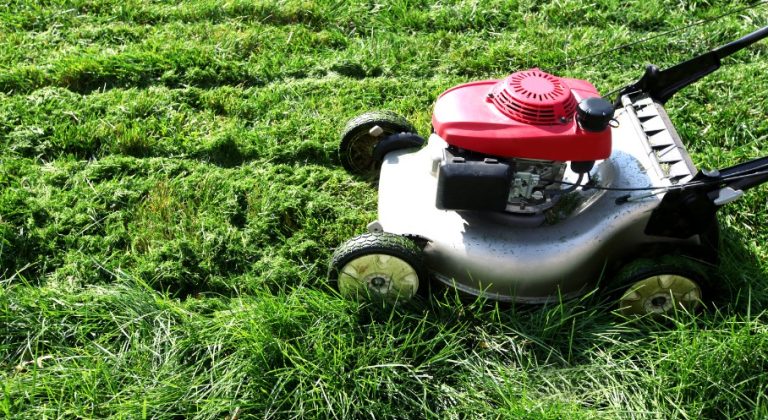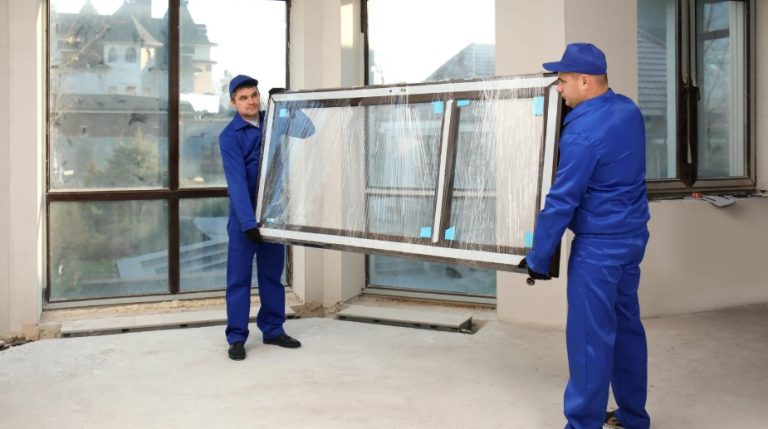Owning and managing a residential block in the UK comes with significant responsibilities. From ensuring the safety and comfort of residents to maintaining the building’s value, effective property maintenance is key.
However, even the most well-intentioned landlords and property owners can fall into common traps that lead to costly repairs, tenant dissatisfaction, or legal complications.
Below, we outline some of the most frequent property maintenance mistakes and provide practical tips on how to avoid them.
How to Avoid the Common Property Maintenance Mistakes?
1. Neglecting Regular Inspections

Many landlords wait for something to go wrong before taking action. This reactive approach can lead to larger issues that could have been prevented through regular inspections. Without routine checks, problems such as leaks, cracks, or pest infestations can go unnoticed until they escalate.
Tip: Schedule quarterly inspections of the property, including communal areas, roofs, boilers, and exterior walls. Seasonal changes are good times to reassess property conditions. Use checklists to stay organised and document findings for reference and follow-up.
2. Overlooking Seasonal Maintenance
Failing to prepare your property for seasonal changes is a common and avoidable error. For example, not clearing gutters in autumn can lead to water ingress during winter, while poorly ventilated flats in summer can cause condensation and mould.
Tip: Create a seasonal maintenance calendar. In autumn, check heating systems, insulate pipes, and clear drains. In spring, inspect roofs for winter damage and service lifts and ventilation systems. Tailoring maintenance tasks to the season helps prevent weather-related damage and keeps residents safe and comfortable.
3. DIY Fixes Gone Wrong
While it might be tempting to tackle repairs yourself to save money, DIY fixes can sometimes lead to bigger problems if not done correctly. For example, improper electrical work or plumbing repairs can pose serious safety risks.
Moreover, there are certain tasks that, by law, must be carried out by certified professionals – such as annual gas safety checks, which must be completed by a Gas Safe registered engineer. Attempting these on your own is not only dangerous but also illegal.
Tip: Know your limits. While landlords can undertake minor jobs like painting or tightening loose fittings, leave plumbing, electrical, and structural work to certified professionals. This ensures safety and compliance with UK building regulations.
4. Delaying Essential Repairs
Putting off repairs to save costs often backfires. Small issues like a cracked tile or minor leak can lead to major structural damage, increased repair bills, and unhappy tenants if left unchecked.
Tip: Act promptly on repair requests and flag issues during inspections. It’s more cost-effective to deal with a problem early than to wait for it to become an emergency.
5. Inadequate Budgeting for Maintenance
Many property owners underestimate the ongoing costs of maintaining a residential block. Without a sufficient budget, it becomes difficult to carry out preventative maintenance or respond to issues promptly.
Tip: Set aside a dedicated maintenance fund as part of your annual budget. A good rule of thumb is to allocate at least 1-2% of the property value annually for maintenance. This helps avoid sudden financial strain and ensures continuous upkeep.
6. Ignoring Communal Areas
Focusing solely on individual flats while neglecting communal areas such as stairwells, gardens, lifts, and lobbies can lead to tenant complaints and devaluation of the property.
Tip: Treat communal areas with the same importance as private units. Regular cleaning, lighting checks, and décor updates contribute to tenant satisfaction and reflect the property’s overall condition.
7. Lack of Legal and Safety Compliance
Failing to stay on top of legal obligations is a significant risk for landlords. Missing gas safety checks, fire risk assessments, or electrical inspections can lead to penalties, void insurance policies, or even result in criminal charges.
Tip: Maintain an up-to-date compliance checklist covering all mandatory inspections and certificates. Set calendar reminders and work with qualified professionals to ensure everything is up to date and properly documented.
8. Not Listening to Tenants

Tenants are often the first to notice when something goes wrong, yet their concerns are sometimes ignored or undervalued. This can lead to frustration, higher turnover, and poor reviews.
Tip: Establish a clear and responsive communication channel for tenants to report maintenance issues. Actively listen, respond promptly, and keep them updated on progress. This builds trust and fosters long-term tenancies.
Avoiding Mistakes with a Proactive Approach
Managing a residential block can be complex, time-consuming, and stressful, particularly when juggling maintenance with other responsibilities.
Avoiding common maintenance mistakes starts with adopting a proactive mindset, setting clear routines, and staying informed about your legal and safety obligations.
Utilising checklists, scheduling seasonal inspections, and responding promptly to tenant concerns all play a vital role in successful property management. It’s also worth considering support from external contractors or specialists for complex jobs.
One effective option for many landlords is to outsource residential block management services from a professional property manager.
These experts offer valuable assistance with everything from compliance and admin to ongoing maintenance and tenant communication, helping you reduce stress and improve efficiency.
By combining hands-on diligence with strategic support where needed, you can keep your residential block running smoothly and protect your investment for the long term.






